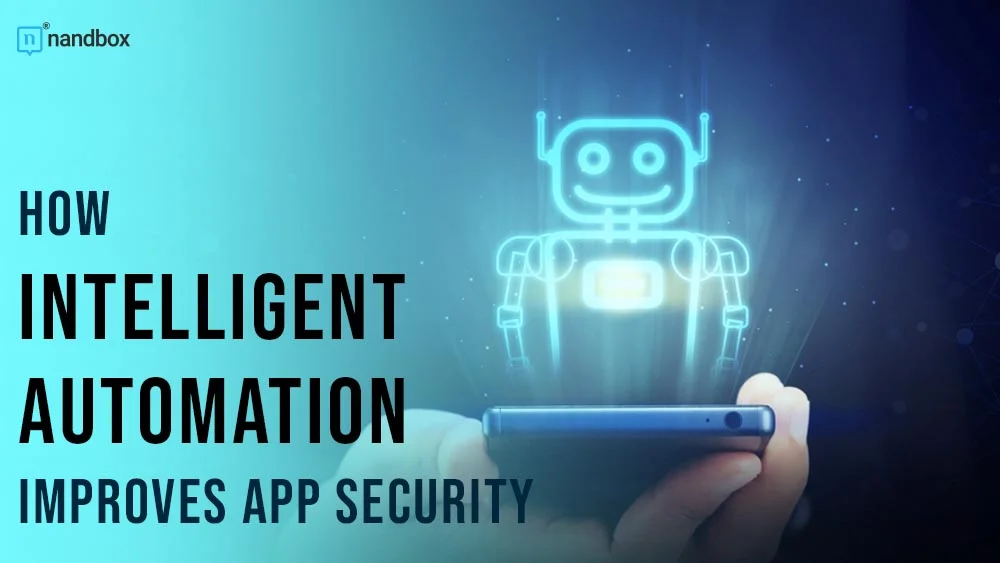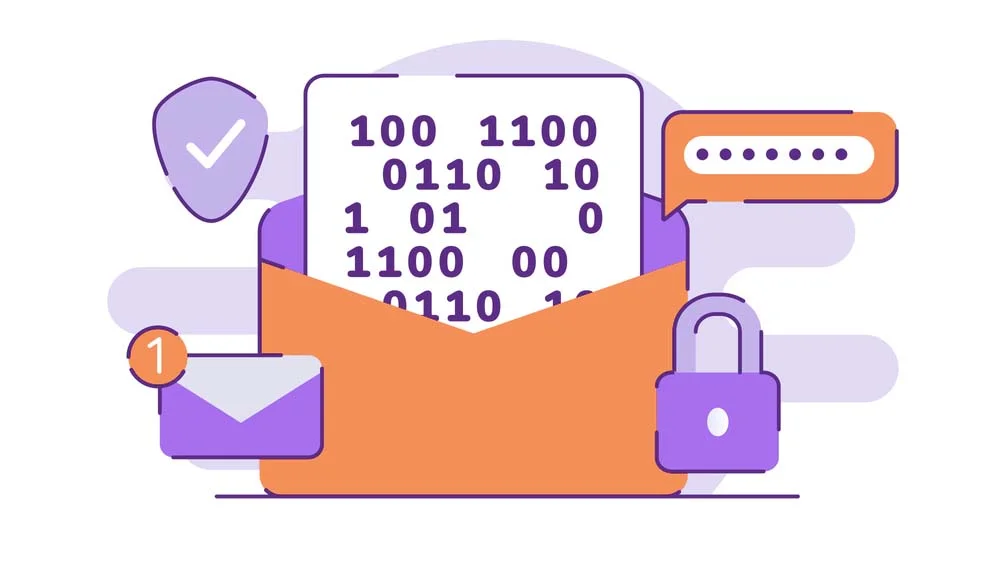If someone took away your phone right now, how would it affect you? Would you get anxious? You probably would because we rely on apps for everything from banking to healthcare, so if we don’t have our phones on us, we immediately get panicky.
This is exactly why the need for tough security and regulatory compliance has never been greater than it is today, and app developers are constantly trying to find the best way to protect sensitive user data and meet strict privacy laws like GDPR and HIPAA.
Fortunately, intelligent automation (IA), which is powered by artificial intelligence (AI), can help solve these problems. It automates a lot of security and compliance tasks and in this article, we’ll show you how it does that.
Automating Security Protocols with Intelligent Automation
As mobile apps become more and more important, app developers have to stay a step ahead of security threats that are constantly becoming more and more sophisticated.
Being powered by AI, intelligent automation, including innovations like process mining artificial intelligence, can detect, prevent, and address vulnerabilities.
According to the 2023 IBM Cost of a Data Breach Report, the global average of a data breach was 4.45 million (USD) in 2023, which is 15% more than what it was in 2020. This is why securing data is so critical and is why 51% of businesses plan to increase cybersecurity spending in 2024.
Here are 3 ways IA can help with automating security protocols:
1. Real-Time Threat Detection and Mitigation
Intelligent automation can instantly spot anomalies like unauthorized access, phishing attempts, or malware because it monitors app behaviors all the time. Its systems are designed to recognize patterns and detect even the tiniest changes in the way an app operates so it can alert developers to potential threats before they cause damage.
For example, systems that are backed by AI in financial apps can identify unusual user activity, like repeated failed login attempts or transactions from unusual locations. When any of this happens, the system can block access or ask for additional verification.
With real-time responses, there’s less risk, especially compared to traditional, manual monitoring methods.
According to Verizon, over 90% of web application breaches resulted from credential abuse. By utilizing automated threat detection, we can get early warning signals which will help prevent damage.
2. AI-Based Vulnerability Scanning and Patching
Apart from detecting active threats, intelligent automation can also scan for vulnerabilities that could cause problems in the future. AI-powered vulnerability scanners continuously test apps for weak spots, whether that’s out-of-date software, unpatched bugs, or misconfigurations.
This way, developers can handle these issues before hackers get a chance to exploit them. But AI won’t just find vulnerabilities; it will fix them, too. Automated patch management systems roll out updates in response to new threats as soon as they’re discovered, without anyone having to do anything manually.
All of this can happen in the background, without app downtime. So, you can use the app uninterrupted but still stay safe.
Based on the IBM Cost of a Data Breach Report 2023. Phishing and compromised credentials tools are the top spots for initial attack vectors at 15% and 15%, respectively. The average cost for breaches of 50+ million records now tops more than 300 million (USD). This data only shows how important IA will be for increasing App security in the future.
3. Ensuring End-to-End Encryption
Data encryption is key for protecting sensitive information and intelligent automation makes sure that this protection is applied at every stage of data transmission. AI-driven systems encrypt data automatically. As it moves between the app, servers, and end-users, to prevent unauthorized access even if the data is intercepted.
Another thing AI can do is improve encryption methods. It can select the best algorithms for specific situations and make sure that these methods comply with the latest security standards. It constantly analyzes how encryption performs and identifies potential weak points so your data stays in a secure environment.
Intelligent Document Processing: Compliance Made Easy
It can be tough to keep up with complicated privacy regulations, especially ones like GDPR, HIPAA, and CCPA. Intelligent document processing makes this simpler because it uses automation to securely handle data and to comply with all regulations.
Staying Compliant with Privacy Regulations
If you intend to follow privacy regulations manually. You should know that it’s going to be hard because rules like GDPR and HIPAA need you to constantly monitor the data you’re handling. Intelligent automation takes care of this because it constantly checks how data is stored and shared, plus it flags any issues.
This makes sure that apps stay up to date with changing laws.
Automating Reports and Record-Keeping
Creating compliance reports and keeping records can take a long time. Intelligent automation can help because it can automatically generate reports and make sure they’re always accurate and up to date.
According to new research data from Drata, organizations tend to spend an average of 4300 hours annually on compliance tasks. This staggering amount of time spent allows for not only missed deadlines but also opens more space for human error. And with compliance failures being extremely costly, you’d want to maximize effectiveness and minimize errors—and IA offers just that.
This means that, by relying on IA, there is less chance of making mistakes and missing deadlines, both of which can lead to hefty fines.
Handling Sensitive Data Safely
Sensitive data, like medical or financial information, needs extra protection. Intelligent automation makes sure that this data is handled securely, and it reduces the chance of human errors or data breaches.
This way, all information is safe, and all privacy standards are met.
Conclusion
We’re living in a digital age. So, if you’re an app developer, you need to ensure your apps are secure and comply with all data privacy regulations. Intelligent automation proves to be indispensable because it keeps track of all laws. Especially since they tend to change, it can be tricky, but when you have to balance it with security. It becomes almost impossible to do (at least manually). The nandbox App Builder makes use of intelligent automation to improve app security and guarantee adherence to industry norms.




